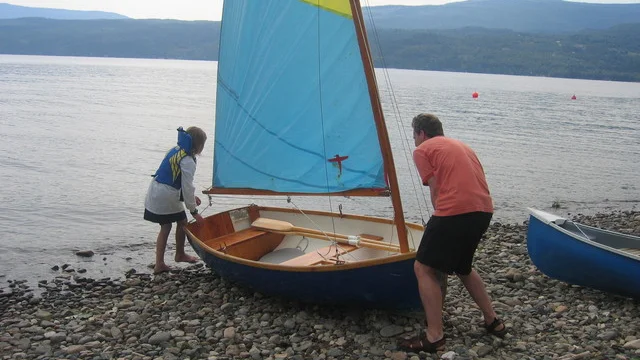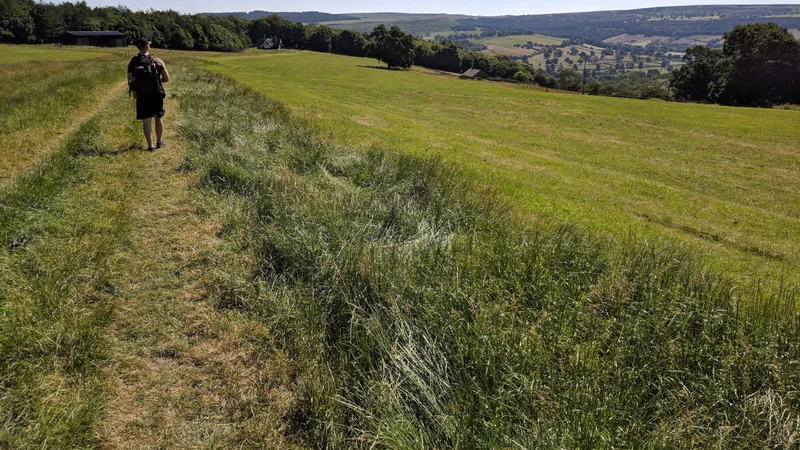Begin by reading the The World Tree. When you’re done, come back here and do the next part.
Find a partner to work with. It can be anyone; it’s up to you — but your partner should be someone who will not act like a jackass, or ridicule you, or do any number of unhelpful things to mess you up. Ideally, you are looking for someone who will take this seriously, help you explore it deeply, and support you in creating an authentically interesting product. A good partner in this exercise is someone who is has a strong identity, a positive growth orientation, an attitude of perseverance, good skills in self-assessment, strong self-management, and effective self-reflection. You want someone who is collaborative, shows good leadership and personal responsibility, and brings an attitude of empathy and ethical behavior.
Choosing the right partner is the most important factor in determining how this turns out. (This goes for life as well.) So, choose wisely.
Ask your partner to take some time to think of three words. Do not tell your partner how these words will be used. You may, however, give your partner some guidance by suggesting that the words should perhaps be unusual or interesting in some way. Your partner can email or text these words to you, or they can speak them to you. It does not matter how you get the words.
Once your partner has provided you with the words, take a look at them and consider how they might be used. Now, using these words, along with words of your own (as many as you like) write a short myth. Take some time to get it just right. You must use all three of the words your partner has provided (but only once, if you prefer).
Remember, a myth is not just a made-up story. Myths are gateways to the universal. They are our personal dreams writ large onto the universal stage. Myths are the carriers of all wisdom, the narratives of deepest meaning, and the tales of greatest power. When writing your myth, consider options such as an origin story, a teaching story, a creation story, a story about the play of elemental forces in the world. Take the task seriously, as though you were the scribe for an ancient king and the quality of your tale will determine your fate (as in The Arabian Nights, in which the storyteller must prevent her own death by telling an engaging myth every night for a thousand and one nights).
Try not to re-tell a myth you already know (the neglected boy who becomes a wizard, the lost princess who finds her power, the wandering people of a post-apocalyptic age). Even though all myths are connected and share similar themes, try to make yours fresh and unique to you. Tell your myth in a personal way, perhaps as a vignette that recounts something that actually happened in your life.
When you are done, share the myth with your partner, then discuss the process. And, finally, write some notes about your experience. Was this hard, easy, strange, interesting? Did it bring up any memories, thoughts, insights? What does this process teach you?



